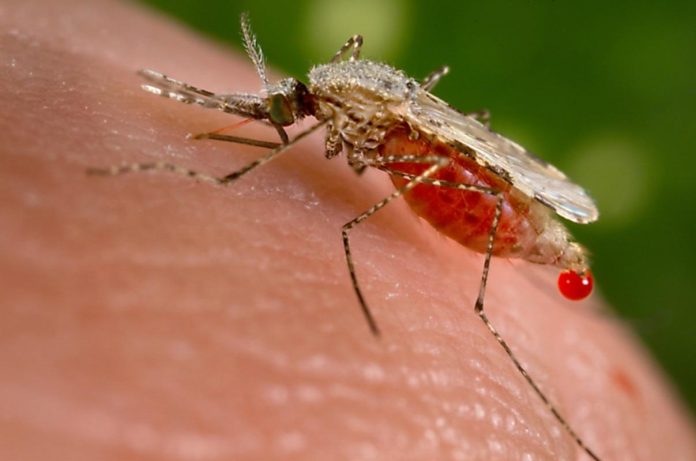Federal health authorities have issued a warning after confirming cases of malaria infections in individuals who had not travelled outside the United States. This marks the first instance of local transmission in the country in over two decades, highlighting the potential for the mosquito-borne disease to spread within its borders.
The Centers for Disease Control and Prevention (CDC) reported that four individuals in Sarasota County, Fla., and one person in Cameron County, Tex., were diagnosed with malaria between late May and late June through local transmission. Fortunately, all affected individuals have received treatment and are currently recovering, while health officials remain vigilant for additional cases.
Malaria, a potentially fatal disease, was previously endemic in the United States but was declared eliminated in 1951. The nation typically records around 2,000 cases of malaria each year, but those are usually linked to travel abroad. However, a small number of recent cases occurred domestically, prompting concern among health experts.
The CDC emphasized that the risk of contracting malaria within the United States remains extremely low. Nonetheless, Americans are urged to be aware of the potential risks and take precautions to prevent mosquito bites.
Brian Grimberg, an associate professor of pathology and international health at Case Western Reserve University, reassured the public, stating, “It’s not panic time.” He emphasized the importance of raising awareness about malaria, which is often disregarded by Americans unless they travel abroad.
Malaria is a severe disease characterized by symptoms such as fever, headaches, chills, and flu-like illness. The majority of malaria cases—over 240 million infections annually—occur in African countries, with only a small percentage in the United States.
In response to the historic threat posed by malaria, the CDC was established to combat its spread within the country. Through initiatives such as the use of the pesticide DEET and swamp drainage, significant progress was made in reducing malaria cases, resulting in it no longer being a major public health concern.
The last documented instance of local transmission within the United States took place in 2003, when eight people were infected in Palm Beach County, Fla., according to the CDC.
The mosquito species responsible for the recent cases identified between May and June is P. vivax, which is less likely to cause severe disease. However, if left untreated, it can result in recurring episodes.
Malaria is typically treated with widely available medications in the United States. Health officials advise individuals who suspect they may have contracted the disease to seek prompt evaluation, diagnosis, and treatment upon experiencing symptoms.
To minimize the risk of malaria and other mosquito-borne illnesses, the CDC recommends the public apply insect repellent, use screens on windows and doors, and regularly remove standing water from items such as tires, bird baths, buckets, and trash containers. Travelers going overseas should also pack insect repellent, stay in accommodations with air conditioning, window and door screens, or use mosquito nets while sleeping.
You can also read: Shocking Details of Disturbing Murder Pact Between Schoolgirls Revealed
The agency further advises hospitals to have malaria tests readily available and ensure an adequate supply of treatments. Public health officials are encouraged to have a plan in place for swift identification, prevention, and control of the disease.

